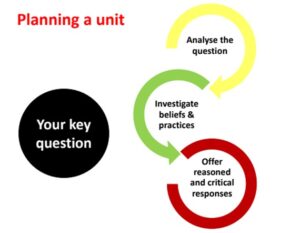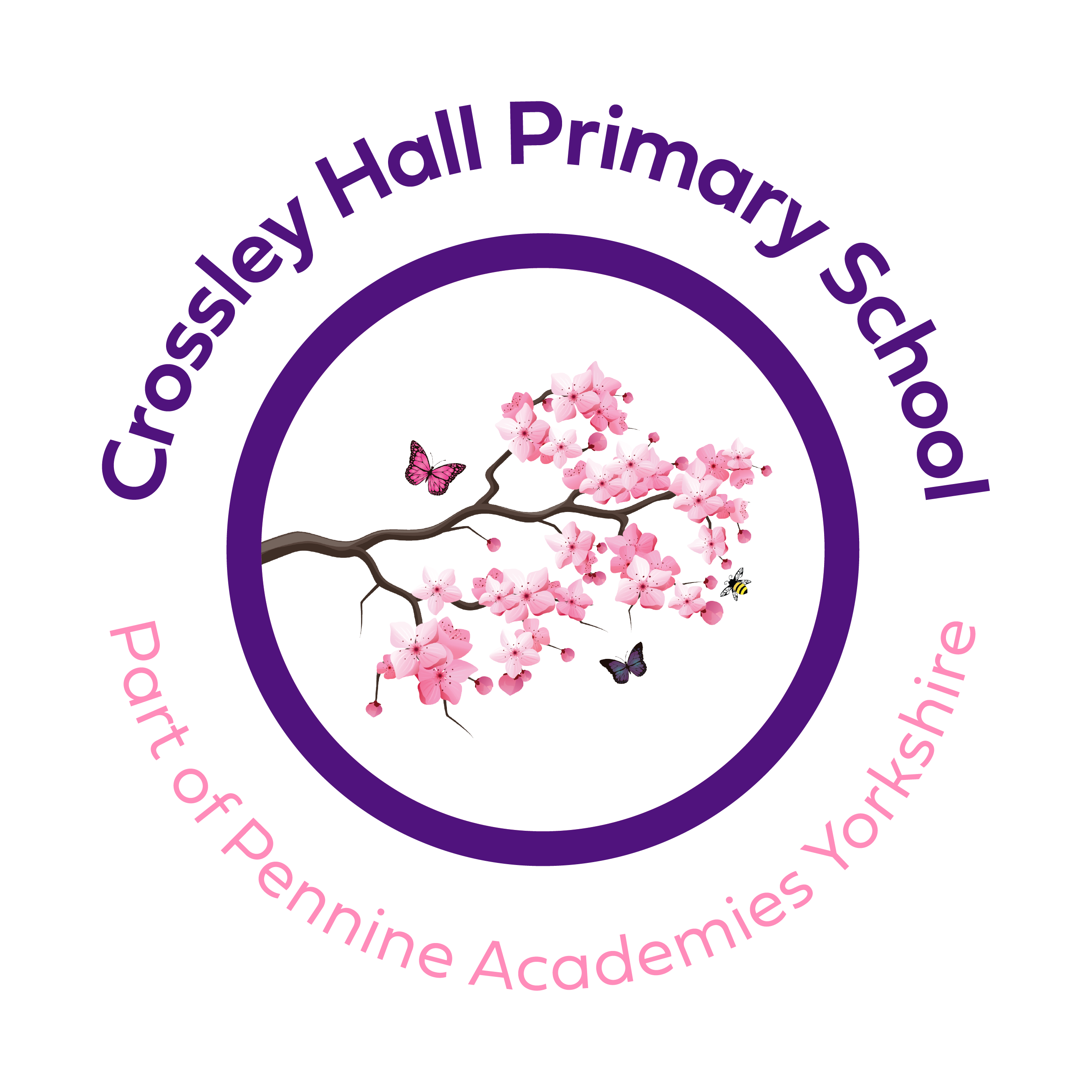Religious Education
As a values-led school, our curriculum is underpinned by promoting inclusion, happiness and raising aspirations. It is through these values that we develop the whole child. We believe that the skills we equip our children with will enable them to go into the world as curious, independent thinkers who are able to appraise and consider any views they are exposed to.
RE Subject Intent
It is our intent that children will learn about and from a range of religions and world views. Through mutual respect, exposure to different religious views and tolerance of others’ views, pupils will gain a deep understanding of the modern world in which they live. All children are provided with the opportunity to visit places of worship, in order to develop a deeper understanding of religions within our community.
Key features of our RE curriculum:
- Every unit begins with a “Big Question” which children investigate. Learning is led by learners through an informal assessment at the beginning of every unit – What would you like to learn about this topic?
- Coverage of a variety of religions from EYFS to Y6
- Resources and religious artefacts to support
- In-school visitors and educational visits that offer memorable experiences.
- RE brought to life: opportunities to role-play and understand the lived experience of various worldviews.
- Talk about different religions and worldviews with sensitivity, confidence, understanding and empathy.
We follow the Believing and Belonging in West Yorkshire RE Syllabus. The planning related to this syllabus enables us to ensure that each aspect of the RE curriculum is covered in depth. There is a clear focus on speaking and listening and respect for other cultures. Children are given regular opportunities to share their opinions, challenge others and be challenged themselves.
Organisation of teaching and learning
- Early Years –
- KS1 – Weekly 1 hour RE lessons
- KS2 – Block teaching of RE (RE Week)
Planning
We plan from the syllabus, but we plan for our children.
- Long term plans outline the units to be covered in each term, during each Key Stage.
- Lesson plans provided by the Believing and Belonging Syllabus identify learning objectives and outcomes for each unit, as well as indicating the skills being taught. Teachers can amend the LTP to ensure learning is maximised.
- Teaching reinforces key vocabulary relating to the topic as well as recapping vocabulary that children have learnt in previous years. Vocabulary document coming soon!

Evidencing
RE is evidenced in Floor books. These follow a structure which indicate:
- What do children already know about the topic?
- What would children like to know about the topic?
- What have they learned?
- What key bit of information do children remember?
Resources
- Central resources are stored in the RE cupboard (cupboard outside 5S).
- RE is an experience-rich subject; teachers plan visitors into school and visits out of school where possible.
- Children are given the opportunity to develop independent research skills in RE. Each class has access to a class-set of Chromebooks.
- The Believing and Belonging in West Yorkshire RE Syllabus resources are used by all classes for planning and activities.
Monitoring Procedures
Quality of teaching and learning of RE at Crossley Hall Primary School is monitored by:
- Conducting a planning scrutiny (termly)
- Pupil Voice Survey (half-termly)
- Lesson observations take place in all classes throughout the year.
The subject leader is responsible for monitoring attainment and progress, the outcomes of which are fed back to staff at an appropriate time.



